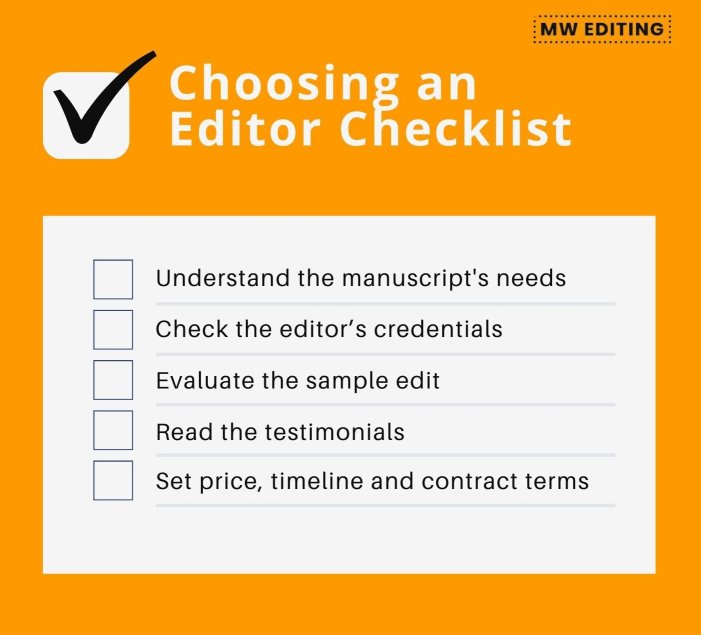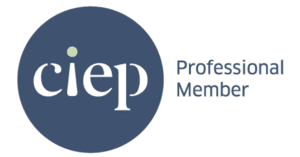To choose an editor for self-publishing success, authors should assess their manuscript’s needs and consider the type of editing required. Additionally, evaluating the editor’s experience, checking credentials and reviewing a sample edit will help determine compatibility and communication skills. Authors should also inquire about professionalism through client testimonials, while establishing clear pricing, timeline and contract terms with the selected editor contributes to a successful self-publishing journey.
It is possible to publish a book for free and do all the work yourself. However, editing is often considered one of the processes that are worth paying for. An edited book will present as more professional and more importantly, consistent, error-free and easier to read. But to choose the perfect editor for self-publishing success, authors need to consider several elements: the needs of their text, the editor’s credentials and experience, the sample edit, the editor’s professionalism, pricing, timeline and contract terms.
Read this post to understand how to evaluate these factors to find an editor who will help transform your manuscript into a bestseller.

Understand the manuscript’s needs
There are different types of editing, which vary on the level of the intervention in the text, and not all editors provide each service. So when choosing the editor, you must consider what editorial service will help your manuscript the most. For instance, does it need more high-level developmental editing, which will diagnose issues with structure, argument or plot line? Do the sentences need tightening to reveal a cohesive authorial voice through line editing? Does the text need proofreading or copyediting to improve the presentation and readability? Once you understand which of these services matches the needs of your manuscript, you will be able to determine the perfect editor self-publishing success of your manuscript.
Check the editor’s experience and credentials
To assess the editor’s experience and credentials, carry out the following two checks:
- Check their portfolio and determine if they have experience in the genre of your manuscript.
- Find out the editor’s qualifications, including their editing credentials and memberships in professional organisations.
For instance, here is a list of professional editing associations to get you started when searching for the perfect editor.
- Editorial Freelancers Association (USA)
- ACES: The Society for Editing (USA)
- Council of Science Editors (USA)
- Northwest Editors Guild (USA)
- Editors Canada
- Chartered Institute of Editing and Proofreading (UK)
- European Association of Science Editors
- Nordic Editors and Translations
- Society of English-Language Professionals in the Netherlands
- Mediterranean Editors and Translators
- Institute of Professional Editors Limited (Australia and New Zealand)
- South African Guild of Editors
Evaluate the sample edit
A sample edit is one of the best ways to decide if the potential editor is the right fit for your text. First, evaluating the sample edit will allow you to establish the editor’s compatibility and communication skills. Second, it will also give you an insight into setting the budget and turnover time of the project. Finally, the sample edit lets the editor demonstrate their expertise and editing style.
Learn about the editor’s professionalism
Editors usually list past clients’ testimonials on their website or LinkedIn page. These testimonials will give you an insight into the editor’s success rate, communication skills, timely delivery and client satisfaction. Client testimonials can also give you an insight into the type of clients the editor often works with. For instance, they could be self-publishing authors, businesses, publishing houses or presses. This information should take you closer to finding the editor for publishing success.
Establish pricing, timeline and contract terms
An experienced, professional editor will be able to tell you in advance, before signing the contract, what their typical terms and conditions are. For instance, do they ask for payment in advance? Do they offer a second round of editing after the revisions? Will they be available to answer any follow-up questions?
The terms of the contract will also include the editor’s rate, which may involve the price per hour or per 1,000 words, depending on the project. The editor should be able to justify the rate with their experience and credential. They should also be able to explain that the quote involves x number of hours of work on their part. Likewise, they should let you know how many working days the project will take and how it fits into their schedule. This involves the available start dates and confirmation of the project delivery date.
Conclusion
Finding the right editor may take you closer to creating a bestseller. Considering your manuscript’s needs, checking the editor’s experience, credentials and professionals, evaluating the sample edit and establishing project terms will all contribute to choosing an editor for self-publishing success. However, if you are still unsure, here are some ideas for additional questions to ask when hiring an editor. You can also ask me for a free sample edit (and remember to use my early bird discount). If you want to hear more from me, including self-editing and writing tips, follow me on Mastodon, Twitter, Facebook and LinkedIn or join my newsletter.


